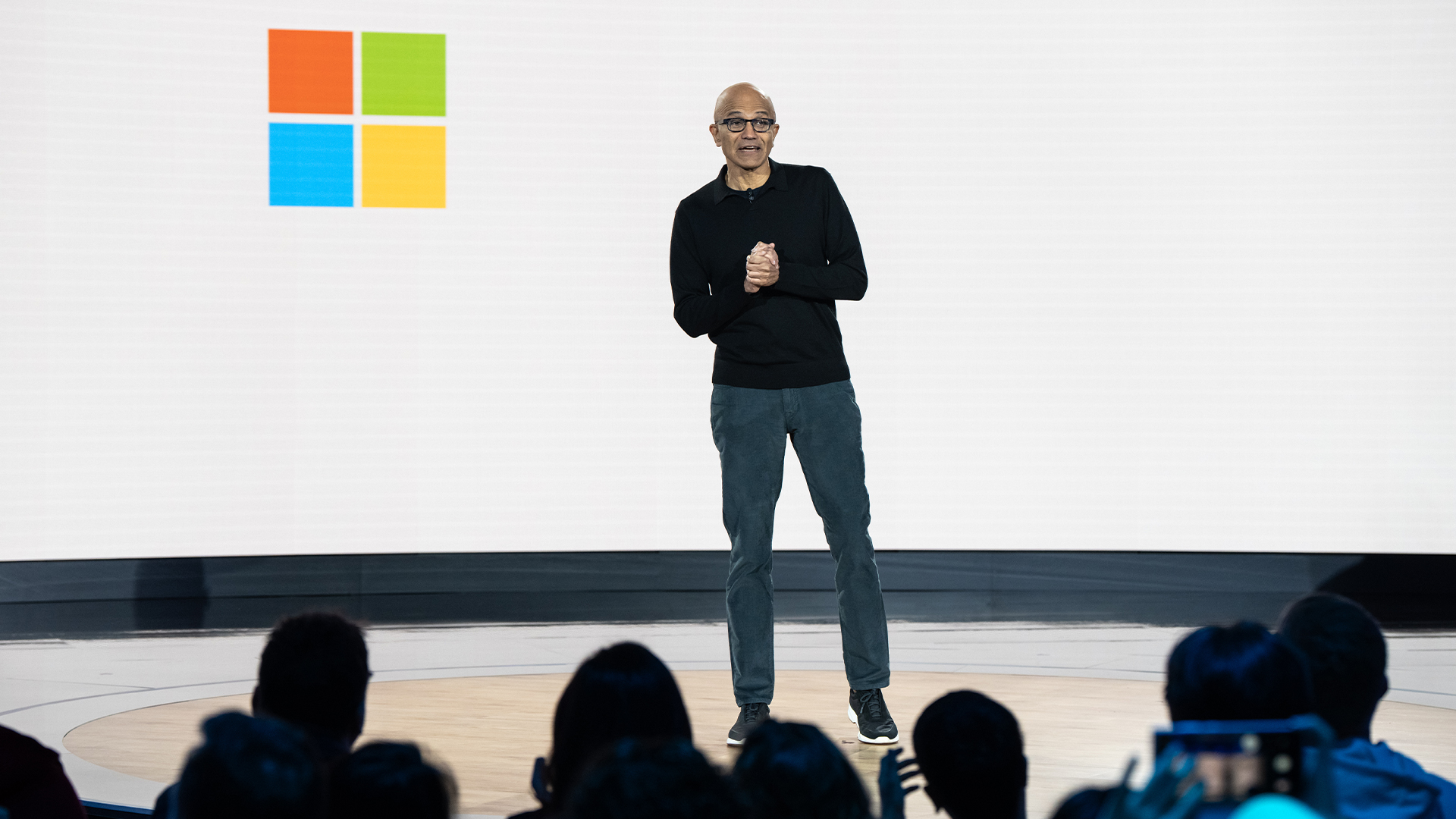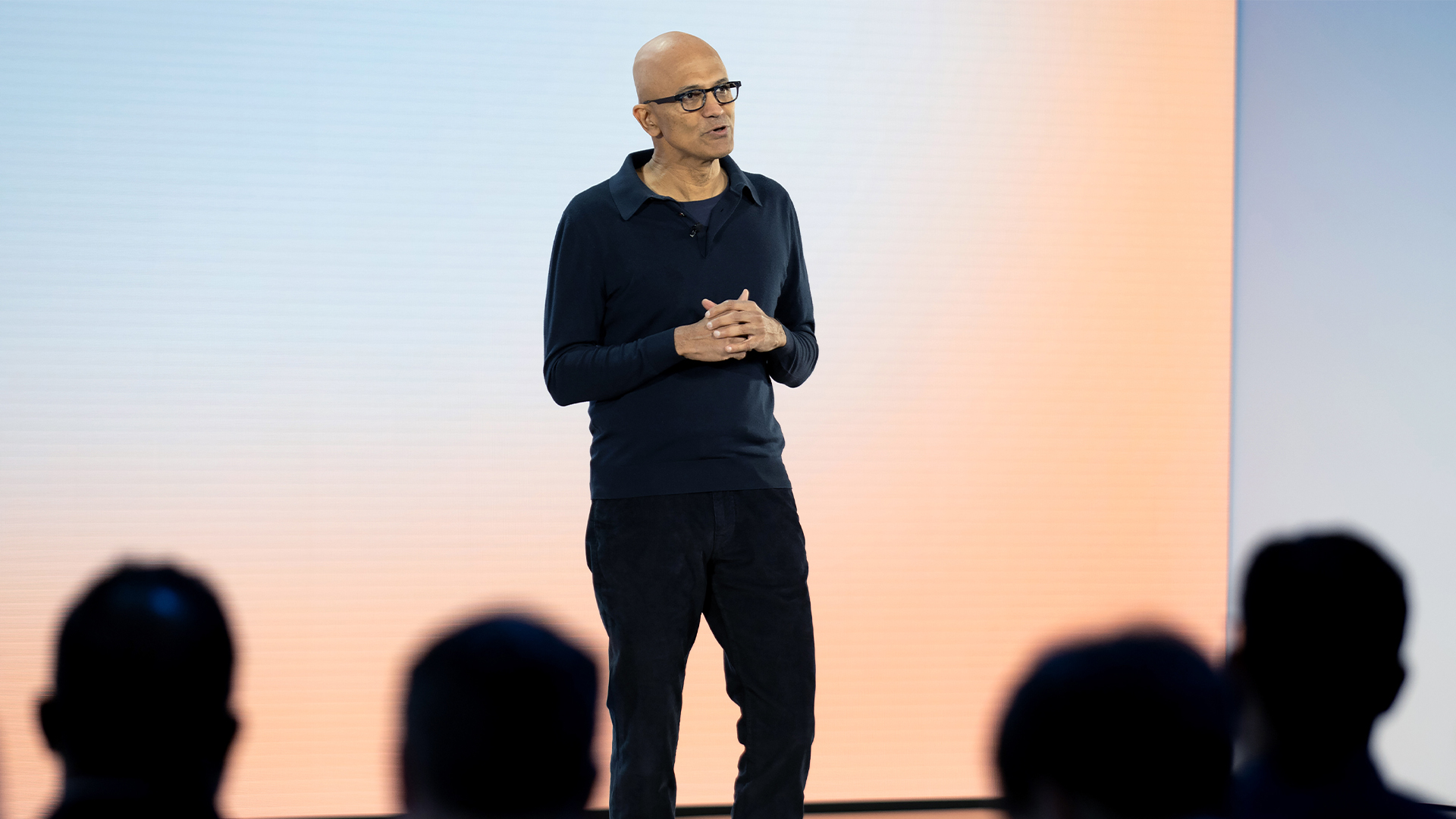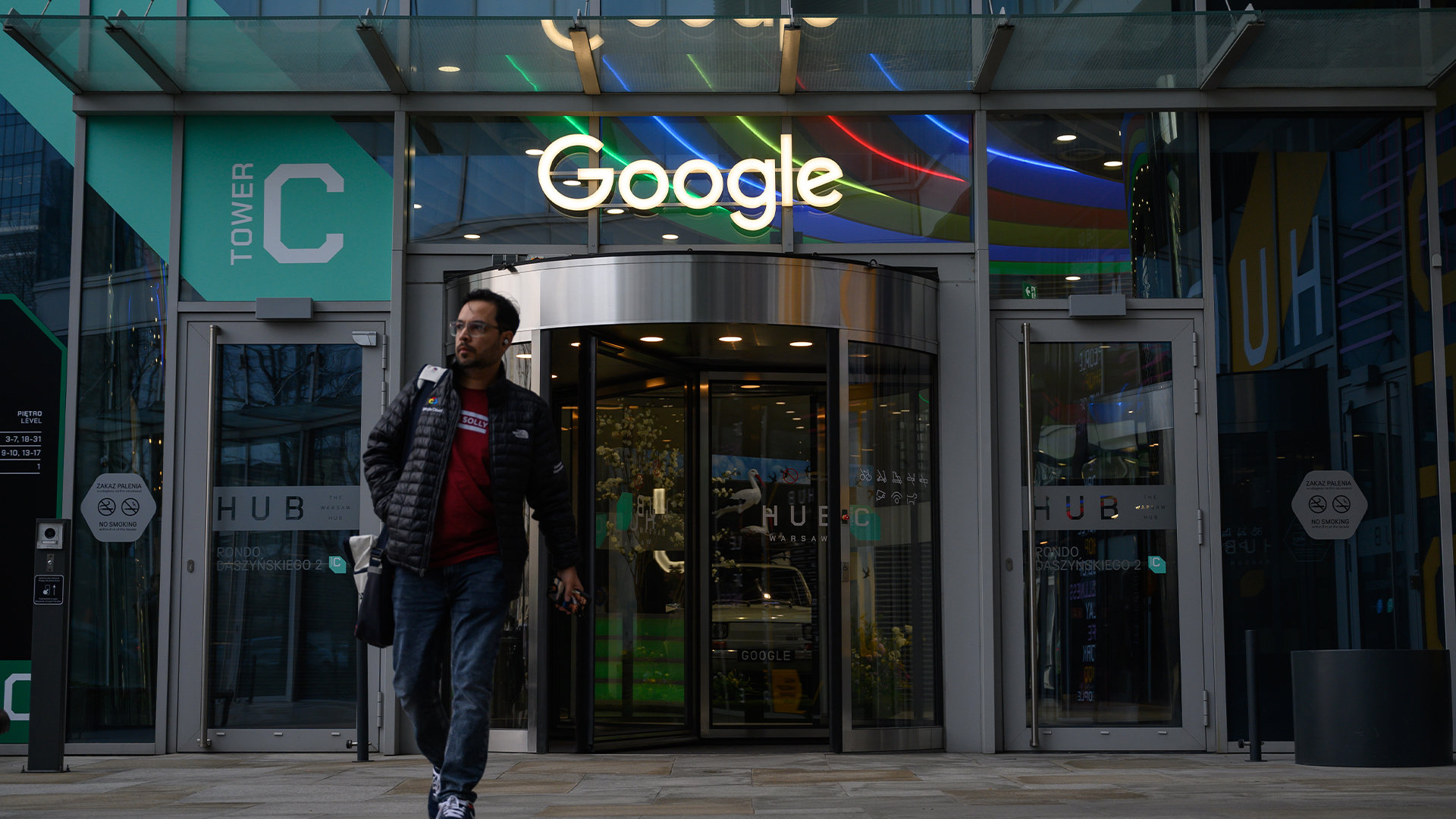Tech execs pushed for a return to the office – now they’re backtracking amid a workforce revolt, with only 3% of firms asking staff to return full-time
Return to office mandates have failed miserably, and many businesses appear to be admitting defeat


Return to office (RTO) mandates have become a recurring flashpoint between businesses and staff, but only a small number of firms are still asking employees to return to the office full-time, according to analysis from Flex Index.
Where 8% of organizations were enforcing strict return to office (RTO) mandates that demanded full in-person attendance last year, just 3% are enforcing the same sort of policies this year.
On the other end of the spectrum, Flex Index’s report found that 79% of the 2,670 surveyed firms offered completely flexible working arrangements in 2024, signaling a slight increase from 75% companies in 2023.
Most firms also appear to be giving their staff more choice on working policies, the report noted, marking a relinquishing of control by many in the long-running RTO conversation.
The report found that more than half (56%) of surveyed businesses had an “employee’s choice” model in 2024, a form of office attendance policy that allows staff members to shape their working arrangements to their individual needs.
This figure is up from 38% of businesses using the same model in 2023, making it now the most popular policy among tech firms.
By contrast, only 18% of firms are employing a “structured hybrid model” in which they mandate which days their workers must attend the office. Fully remote models are also dwindling though.
Sign up today and you will receive a free copy of our Future Focus 2025 report - the leading guidance on AI, cybersecurity and other IT challenges as per 700+ senior executives
Flex Index found that only 23% of firms don’t offer staff a physical location to attend in person. This figure is down from 37% in 2023.
The return to office battle has been intense
Flex Index’s report comes at a time when some of the biggest names in the tech industry are engaged in drawn-out disputes with their staff members over RTO mandates and strict office attendance policies.
The most notable example of these is Dell Technologies, which has come under serious fire for the way it handled RTO policies. The tech giant initially told fully remote staff they would have to forfeit the right to promotions or role changes unless they agreed to come back to the office, sparking a major workforce backlash.
Half of Dell’s workforce chose to ignore the threat - or risk incurring the damages - in a blatant expression of support for hybrid working policies. An internal survey at the firm then revealed the extent of the internal resentment caused by the strict RTO measures.
Google has also had notable difficulties in coaxing staff back to the office, with attempts to enforce stricter attendance policies met with backlash from staff that forced the firm’s hand and made top-level decision-makers reconsider.
RELATED WHITEPAPER

The return to office debate was once again thrust firmly into the spotlight last week when former Google CEO Eric Schmidt attributed the tech giant’s sluggish performance in the generative AI race to its working policies.
Schmidt told attendees at a Stanford University talk that the tech giant had prioritized its work from home policies over striking a lead in the AI race, suggesting that competitors had gained an edge due to their rigid policies in this regard.
Naturally, Schmidt’s comments prompted a fierce backlash online.
Despite reports suggesting that a full return to office is inevitable, frequent backlash from staff and statistics such as those gathered by Flex Index show that hybrid working practices appear to be here to stay.

George Fitzmaurice is a former Staff Writer at ITPro and ChannelPro, with a particular interest in AI regulation, data legislation, and market development. After graduating from the University of Oxford with a degree in English Language and Literature, he undertook an internship at the New Statesman before starting at ITPro. Outside of the office, George is both an aspiring musician and an avid reader.
-
 Are hyperscalers backing out of Net Zero?
Are hyperscalers backing out of Net Zero?ITPro Podcast Expanding data center construction and demand for high-energy workloads are pushing hyperscalers off course on carbon
-
 Computacenter enters the fray against Broadcom in Tesco's VMware lawsuit
Computacenter enters the fray against Broadcom in Tesco's VMware lawsuitNews The IT reseller has added its own claim against Broadcom in VMware case brought by Tesco
-
 Microsoft CEO Satya Nadella says UK ties are 'stronger than ever' as tech giant pledges $30bn investment
Microsoft CEO Satya Nadella says UK ties are 'stronger than ever' as tech giant pledges $30bn investmentNews Microsoft CEO Satya Nadella says it's commitment to the UK is "stronger than ever" after the tech giant pledged $30bn to expand AI infrastructure and build a new supercomputer.
-
 Alphabet to spend $10bn more this year on cloud kit — taking total to $85bn
Alphabet to spend $10bn more this year on cloud kit — taking total to $85bnNews Google tops up AI and cloud infrastructure spending amid AI boom and positive results
-
 Google CEO Sundar Pichai is unfazed by AI job cuts — workers might not share the same optimism
Google CEO Sundar Pichai is unfazed by AI job cuts — workers might not share the same optimismAnalysis Google CEO Sundar Pichai is upbeat about the impact of AI on the workforce, but workers might not share the same optimism amid repeated waves of job cuts.
-
 Microsoft workers face a fresh round of layoffs – here’s who could be impacted
Microsoft workers face a fresh round of layoffs – here’s who could be impactedNews Microsoft will cut 6% of its workforce, equivalent to around 6,000 workers, as part of its latest cost-cutting drive.
-
 Who is John Roese?
Who is John Roese?Dell's CTO and Chief AI Officer John Roese brings pragmatism to AI
-
 Google tells some remote workers to return to the office or risk losing jobs
Google tells some remote workers to return to the office or risk losing jobsNews Google has warned remote workers will need to return to the office or else lose their jobs, according to reports.

